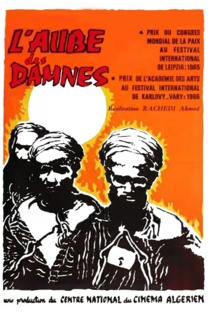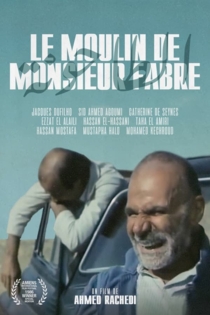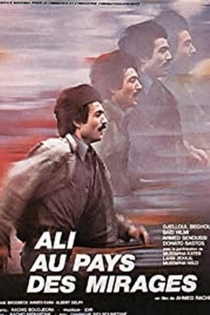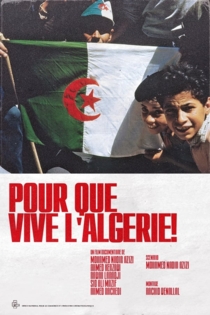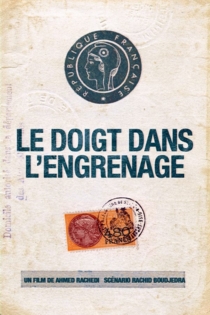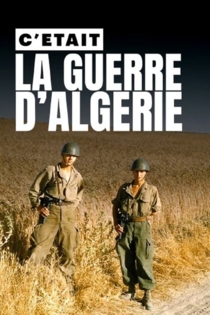
Ahmed Rachedi
2021Peuple en marche
Nacer Guenifi, René Vautier
In 1962, René Vautier, together with some Algerian friends, organised the audio-visual formation centre Ben Aknoun to encourage a "dialogue in images" between the two factions. Together with his students he made a film that shows the history of the Algerian War and of the ALN (National Liberation Army), and life during the reconstruction.
A People on the March
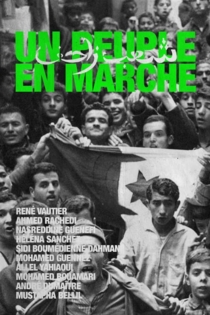
Lotfi
Ahmed Rachedi
The film relates the career of Colonel Lotfi, whose real name is Benali Boudghene, since his beginnings as an activist in Tlemcen where, with his classmates from high school, he posted the call of 1 November 1954, addressed by National Liberation Front (FLN) to the Algerian people.
Lotfi
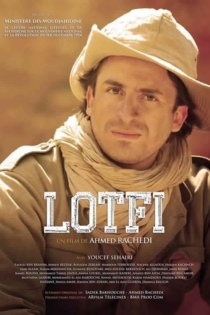
Mostefa Ben Boulaid
Ahmed Rachedi
The film revolves around the life of the martyr Mustapha Ben Bouleid (1917-1956), who was a member of the Algerian National Movement, who worked with his comrades to explain the idea of the armed revolution in which he led in Aures region in 1954. The film depicts how Ben Bouleid traveled to a number of Arab countries Disguised to bring arms to Algeria for the revolution and how the French colonial forces arrested him in the Tunisian-Libyan border, and from there to Algeria to be sentenced to death.
Mostefa Ben Boulaid
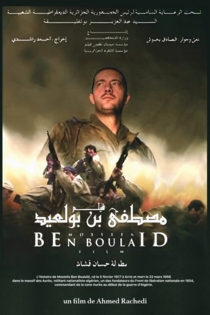
L'Opium et le Bâton
Ahmed Rachedi
Marie-José Nat, Sid Ali Kouiret
An Algerian doctor decides to leave the troubles in Algiers and goes back to his hometown, a small village lost in the mountains. There, however, the situation is explosive as well, as the guerilla is active and the French military has to keep a close watch on the locals...
Opium and the Stick
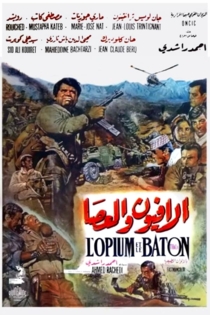
Fajr al-mu'adhhabin
Ahmed Rachedi
Mohamed Chouikh, Mouloud Mammeri
This excellent feature-length documentary - the story of the imperialist colonization of Africa - is a film about death. Its most shocking sequences derive from the captured French film archives in Algeria containing - unbelievably - masses of French-shot documentary footage of their tortures, massacres and executions of Algerians. The real death of children, passers-by, resistance fighters, one after the other, becomes unbearable. Rather than be blatant propaganda, the film convinces entirely by its visual evidence, constituting an object lesson for revolutionary cinema.
Dawn of the Damned
